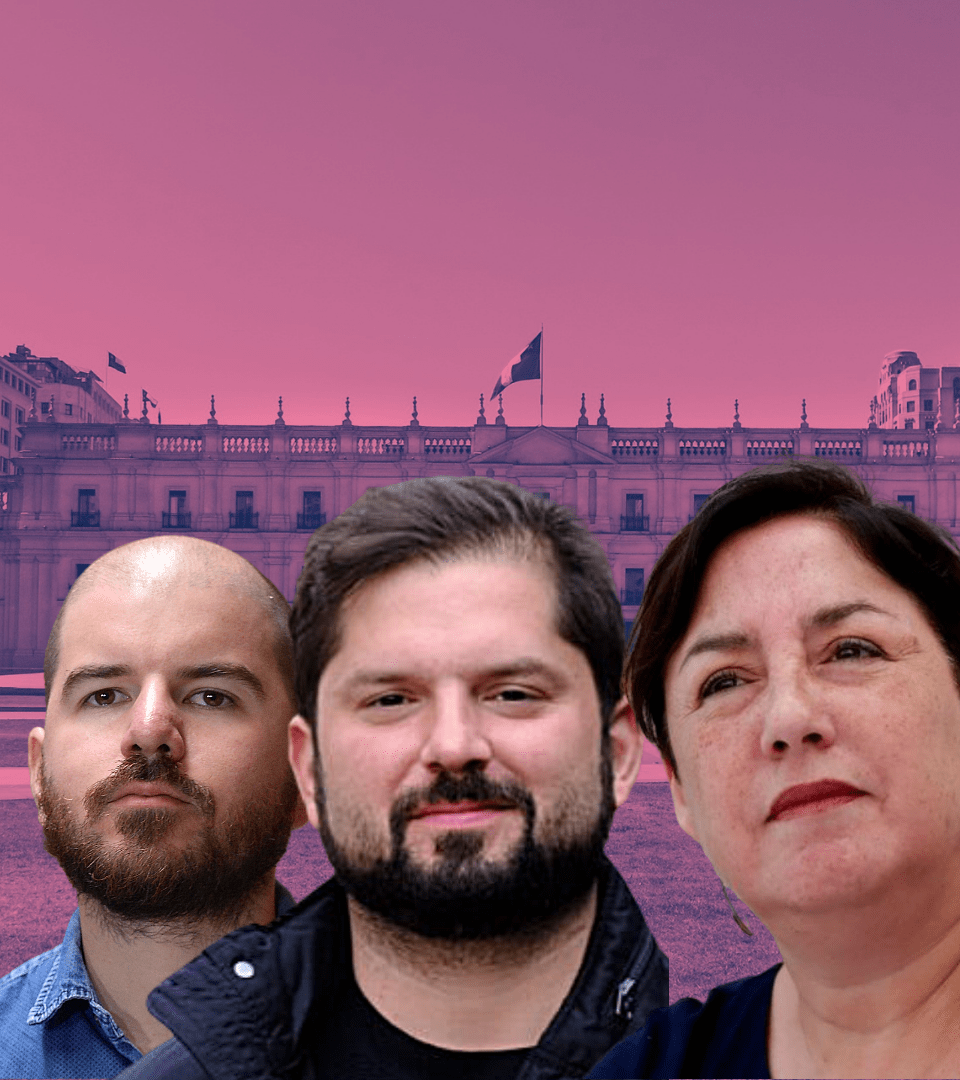To celebrate its seventh anniversary, Entorno Social hosted an interesting webinar which included an inspiring talk by Hernán Hochschild Ovalle about the “Tenemos que Hablar de Chile” platform he manages, which is a joint initiative of the Pontificia Universidad Católica de Chile and the Universidad de Chile.
The event was an opportunity for an in-depth conversation about the challenges, desires and views of Chilean men and women regarding the decade ahead. “There were many findings from this initiative that we at Entorno deeply value for their contribution to our work in generating bridges between companies, territories and communities,” explains Teresa Matamala, general manager of Entorno Social. You’ll find the link to the event at https://www.youtube.com/watch?v=e2ufR87Ut9I and the link to the study at https://www.tenemosquehablardechile.cl/
What is it about? “Tenemos que hablar de Chile (TQHDC)” (We have to talk about Chile) is a dialogue and listening process that brought together more than 100,000 people and totaled more than 3,500 hours of conversations. Organized by the Católica and de Chile universities, among other institutions, it arose at the end of 2019 following the “social upheaval.”
Why does it matter? This is a systematized record of people from all 346 municipalities in Chile, that without knowing one another were willing to talk in a framework of respect about those things that should be maintained, improved or changed in Chile. It was created so that the findings could be used to develop a vision of Chile’s future with a focus on public policies.
- “One of the things that we hear very strongly is the need to change how politics works, how it responds to the urgent needs that citizens have. I would say that the process we will be going through, on the one hand, is a learning process, not for the citizens, but above all for the political world. What citizens are saying to the political world is that important changes are needed, but also that the way in which politics works has to change,” explains Hernán Hochschild, who is heading the initiative.
Methodology used: In 2020, thousands of digital dialogues took place to discuss the country. We sought to bring together groups of four to six different people of all different ages, backgrounds and realities from all of the municipalities. The invitation was to discuss what needs to be changed, improved or maintained in Chile.
- “It is an invitation to rethink how we create spaces for citizen participation that are impactful, diverse and inclusive. Spaces that emphasize the voices of those who have habitually been marginalized from public discourse and that are responsive to the desire of thousands of citizens: to be heard and recognized,” says María José Lincovil, the project’s citizen participation coordinator.
The 5 most pertinent findings
- Finding #1: Chile does not appear with a single identity or a reality that can be expressed in a single voice. What emerges above all is Chile’s diversity: its territories, generations, origins and diverse life plans, all of which create experiences from which to speak and listen. The conversations and the themes that emerge, with their differences and similarities, give voice to the diversity of these life experiences, which in turn translates into a panoply of opinions and positions.
- Finding #2: People’s daily experience is mostly reported as being difficult and complex. Feelings include disappointment, sadness, anxiety, stress, fear, worry, insecurity, discomfort, tiredness, among others. Understanding and recognizing this dimension of the participants’ daily lives is important for thinking about the country’s immediate future. These kinds of feelings require special care and attention. Especially the concept of insecurity. The feeling of insecurity we are talking about is not just insecurity about public law and order, but rather a broader sense of insecurity, an insecurity with respect to how life works. It is insecurity about social coexistence and trust in institutions. At the core of this “feeling” is the deep fear of not being able to carry out your own life plan and that it is structural because it is an issue that goes beyond access or quality, or whether it is systemic or complex, it is a deeply felt sense.
- Finding #3: What we find structurally across the dialogues is that the penetration of the kind of language used in the world of politics is very low. The people involved in the process talk about politics and discuss it, but their dialogues do not run along the lines of the specific political categories or models used by opinion leaders. Only 16.3% of the records reflect use of the specific kinds of political views and concepts employed by the media outlets and people related to the political world.
- Finding #4: As a result, the conversation is about a State that is not helpful in overcoming the vulnerability that people are feeling both materially and subjectively. A State that does not “accompany” in the words of some participants, is an accurate reflection of the overall feeling or concept. In the view of some, it is a State that is not working because it does not take people and their life ambitions into account. For others, it is failing in its role of protecting them.
- Finding #5: The political system appears to be a power structure that is parasitically embedded in the State-provided services. In this regard, politics is seen as a public service that does not work. The idea that emerges is to reconnect politics with public service and return politicians to being public servants. If healthcare, education, pensions and other issues related to the role of the State are not working it is because politics and politicians are not working as they should be.


